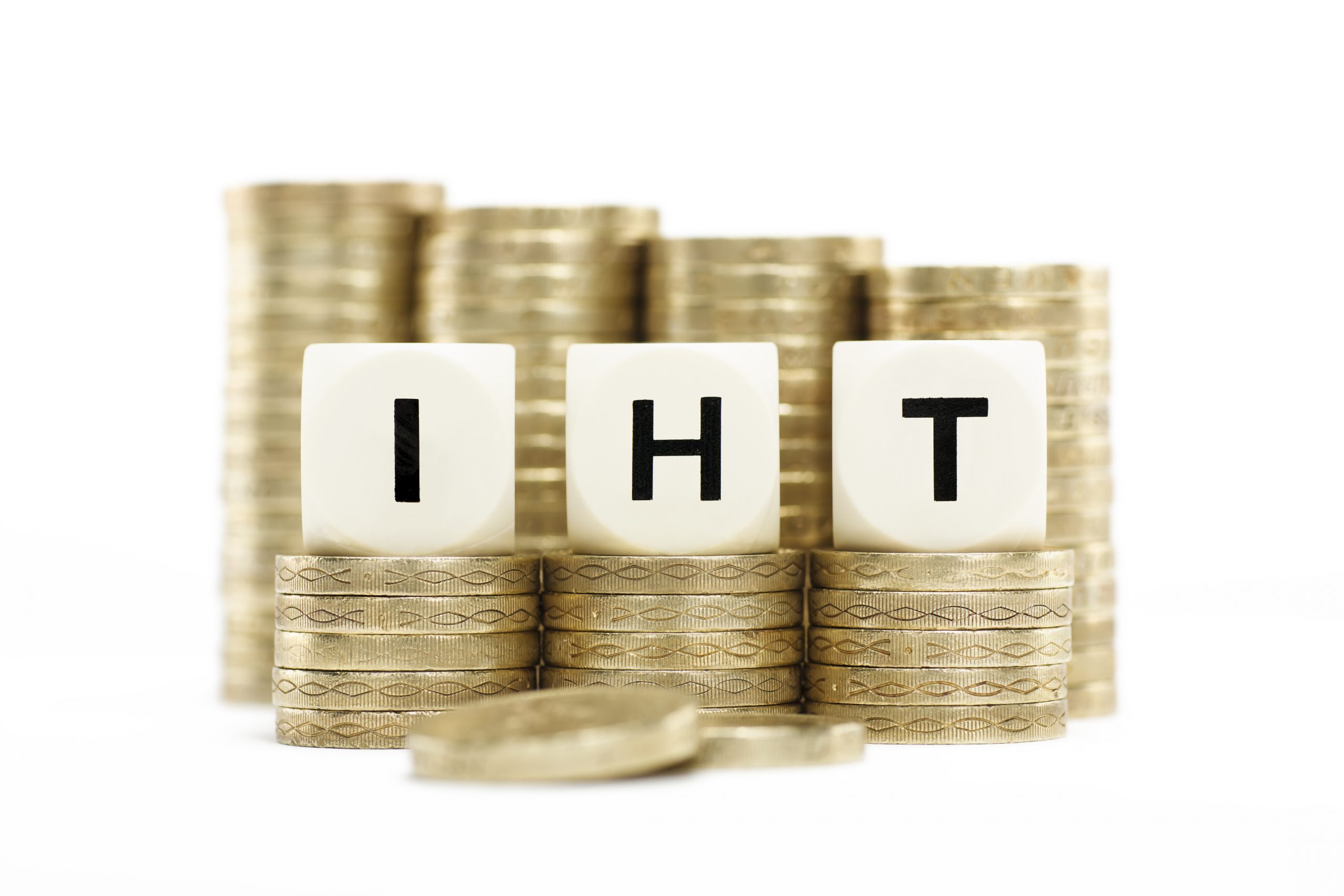News
Scrapping inheritance tax ‘would cost £15bn a year by 2032’

The Institute for Fiscal Studies (IFS) has set out the issues with the inheritance tax (IHT) system and examined options for reform or abolishing the tax.
The think tank’s report Reforming inheritance tax has been published just days after it was rumoured that prime minister Rishi Sunak was considering scrapping IHT.
The IFS pointed to a recent YouGov poll which found that just 20% of people deemed inheritance tax ‘fair’.
Inheritances have grown, and are expected to continue to grow, faster than earnings, meaning that they are projected to have a growing negative impact on intergenerational mobility – this means it is becoming harder to use savings from earnings to make up for a lack of inheritance relative to others born at the same time.
Complaints range from saying that the tax is far too easy to avoid – because of exemptions for certain types of assets and for gifts made more than seven years before death. There are also claims that there is no justification for (further) taxing those who choose to pass on their wealth to their children and that the tax should be abolished.
The IFS said there is good reason to think that reform could make the tax system fairer and more economically efficient. It said there are many political considerations that bear on choices around inheritance tax, not least its “unequal effects across the country” – there are far more inheritance-tax-liable estates per resident in the South of England than the North.
The thinktank said the latest figures from HMRC showed fewer than 4% of estates paid (IHT) in 2020–21, but the rapid growth in wealth among older people meant this number was set to rise to more than 7% over the next decade.
The IFS found that in 2024, the wealthiest fifth of donors will bequeath an average of £380,000 per child, and pay IHT of about 10% of this amount. By contrast, the least wealthy fifth of parents will leave less than £2,000 per child.
The report’s authors calculated that if the annual flow of non-spousal inheritances next year was equally shared across those aged 25, this would imply each receiving around £120,000.
How IHT works
IHT is charged at 40% on estates worth more than £325,000. Individuals then have an extra £175,000 allowance towards their main residence if it is passed to children or grandchildren.
Spouses can share their allowances which takes the allowance to £1m between a married couple.
Exemption thresholds mean that the share of deaths resulting in IHT is small, at around 4% in 2020–21, but a larger and growing proportion are potentially affected by the tax.
The IFS said the cost of abolishing IHT would be £7bn if implemented this year with about half (47%) of the benefit going to those with estates of £2.1m or more at death. These 1% of estates would benefit from an average tax cut of an estimated £1.1m in their bill. The 90% or so of estates not paying inheritance tax would not be directly affected by such a reform.
An end to exemptions
The report’s authors, University of Warwick tax specialist Arun Advani and IFS researcher David Sturrock, said inheritance tax should be reformed initially to prevent the super-wealthy using loopholes to benefit their descendants.
They called for an end to exemptions worth £4.5bn year for those who inherit businesses and farms, saying that the abolition of business relief alone would allow the Government to raise the threshold to £500,000 and £525,000 if farm relief was also cut.
The IFS calculated that four-fifths of the tax revenue from reform to business relief could be captured just by capping the relief at £500,000 per person, rather than outright abolition.
The IFS also criticised the residence nil-rate band, which gives special treatment to property passed to direct descendants, saying it is of greater benefit to those in London and the South. The IFS said there is “a clear case for eliminating the special treatment of all of these types of assets”.
The report suggests that removing the special treatment for residential property, by abolishing the residence nil-rate band (currently set at £175,000) and extending the nil-rate band from £325,000 to £500,000 would cost around £700m a year and hold the proportion of deaths resulting in IHT at about 4%. The think tank said this would make the tax system fairer.
The report said: “Increasing the nil-rate band to hold the share of deaths resulting in inheritance tax down at its long-run average of 4% would require a nil-rate band of £380,000 and cost around £900m a year. The cost of limiting the scope of the inheritance tax system in this way would grow over time, reaching £2.7bn by 2032/33.”